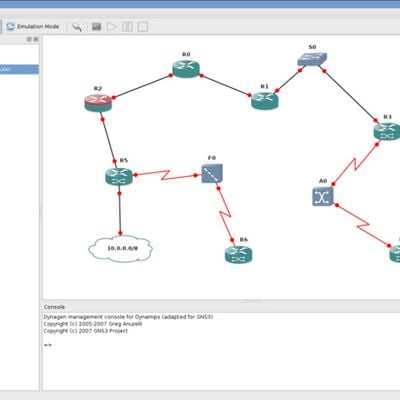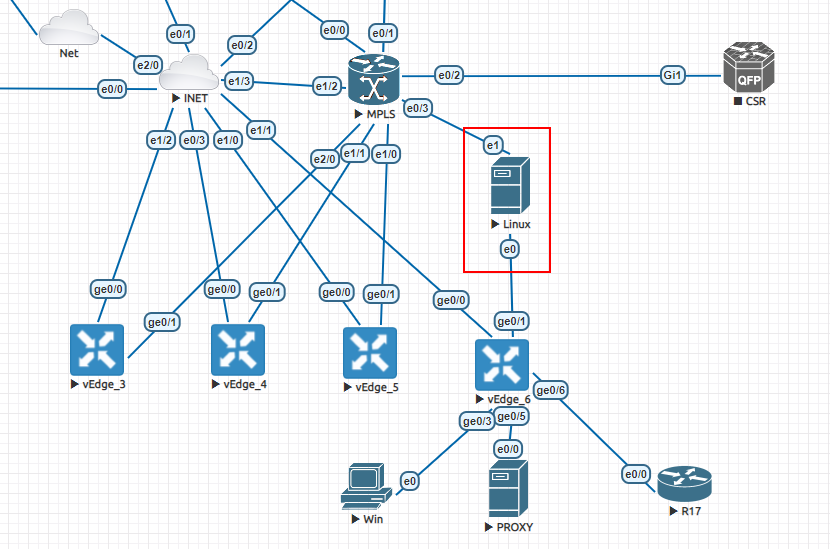

GNS3 is another emulator, open source, that originally aimed at emulating Cisco devices but now support much more. As you can guess from the name it is made by Cisco and support only Cisco devices. Those emulated device may not have all the hardware feature you could find in some routers, but since you run the real operating system, you have all the feature of this OS, and the true behavior of this OS, limited by the performance of the emulating program and the hardware it runs on.Ĭisco VIRL is an emulator. It only contains features that Cisco felt needed to teach CCNA level courses, and doesn't incorporate many advanced features that may exist in Cisco IOS or other Cisco products.Īn emulator on the other end simulate devices on which you can run real software, like Cisco IOS.
Gns3 vs eve ng code#
It is as faithful to the original device as the programmer make it, but cannot be 100% accurate, because it doesn't run the same code at all.Ĭisco Packet Tracer is a simulator.

Gns3 vs eve ng simulator#
Mobile Safari versions 5 and higher for iOS 5 and higherThere's a fundamental distinction to make first, between a simulator and an emulator.Ī simulator is a program that replicate the behavior of the simulated device.
Gns3 vs eve ng android#
Not compatible with TLS 1.1 or higher encryption.Ĭompatible with the most recent, stable version, regardless of operating system.Ĭapable when run in Windows XP SP3, Vista, or newer (desktop), OS X 10.6 (Snow Leopard) or newer (desktop), or Android 2.3 (Gingerbread) or newer (mobile).ĭesktop Safari versions 7 and higher for OS X 10.9 (Mavericks) and higher Windows Vista and older operating systems, such as Windows XP, are not compatible with TLS 1.1 or higher encryption. Review the Enabling TLS 1.1 and TLS 1.2 in Internet Explorer article to enable TLS 1.1 or higher encryption.
Gns3 vs eve ng windows 7#
Review the Enabling TLS 1.1 and TLS 1.2 in Internet Explorer article for detailed information and instructions.Ĭapable when run in Windows 7 or newer, but not by default. Since your browser passed the compatibility test, no further action is required of you. This page serves as a compatibility test. Access to CBT Nuggets requires encryption for your internet browser.

Since your browser failed the compatibility test, please refer to the compatibility guidelines below to ensure you can continue to train with CBT Nuggets without further interruption.Īny inbound connection to CBT Nuggets must use the TLS 1.1 or TLS 1.2 encryption protocol. You should be able to access CBT Nuggets in your browser, unless you are using a non-supported browser, or if you have disabled the supported protocols in the browser. Therefore, CBT Nuggets has disabled the use of TLS 1.0 for connections to CBT Nuggets.Īny inbound connection to CBT Nuggets must use the TLS 1.1 or TLS 1.2 encryption protocol. CBT Nuggets is constantly working to maintain alignment with best practices and updated compliance requirements from the PCI Security Standards Council.

To maintain the highest security standards and promote the safety of learner data, occasional security updates and improvements are necessary. CBT Nuggets has disabled the TLS 1.0 encryption protocol.


 0 kommentar(er)
0 kommentar(er)
